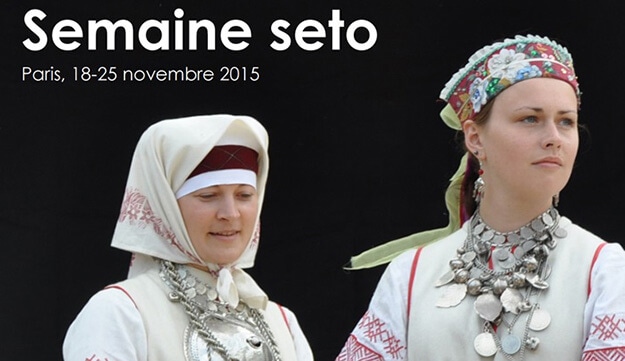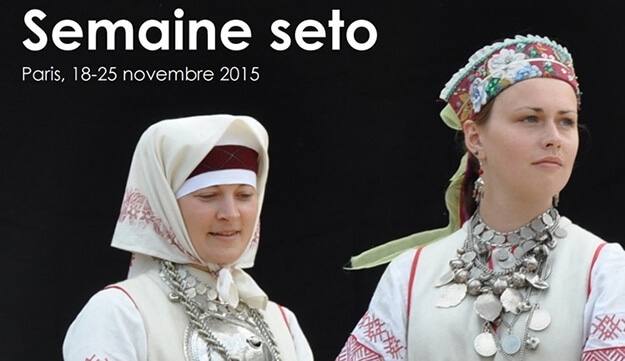 Seto Week, which is held in Paris from November 18-25, introduces traditional polyphonic singing of the Setos (Seto leelo), their handicraft, traditions, cuisine, history, language and literature. Never before has Seto culture been so widely introduced in France.
Seto Week, which is held in Paris from November 18-25, introduces traditional polyphonic singing of the Setos (Seto leelo), their handicraft, traditions, cuisine, history, language and literature. Never before has Seto culture been so widely introduced in France.
The main event of the week is the two-day conference organized in the Institute of Oriental Languages and Civilizations (INALCO), which includes presentations by experts of Seto language, culture and history, from both Estonia and France.
According to one of the organizers of the culture week, Antoine Chalvin, who holds the Estonian Language Chair at the INALCO, Setos are extraordinary because their culture thrives in modern times as well.
“Even though Seto traditions are preserved in museums and introduced in schools, it is still a continuously evolving and changing culture. Old Seto customs are a part of the Setos’ life to this day, they merge and melt together with modern culture. It is this playful view on life and notion of self-irony that helps the Seto culture adapt to changing times,” Chalvin explained.
The week-long Seto festival will also see Chalvin present the first book about the Seto culture published in French – “Setos of Estonia”.
There are several other events planned in Paris: For example the Seto women’s choir Verska Naase, who is accompanied by singing Seto men for this occasion, will perform at the World Cultures Institute.
VES / ERR
















